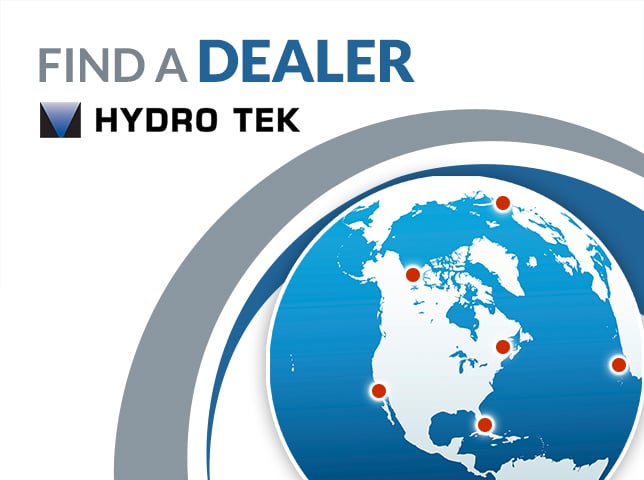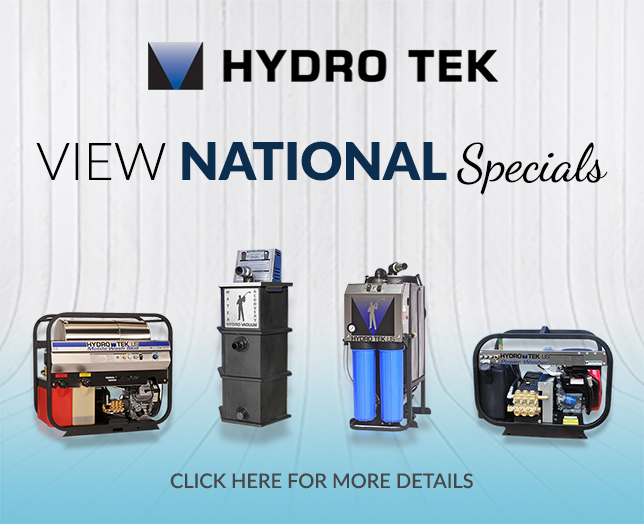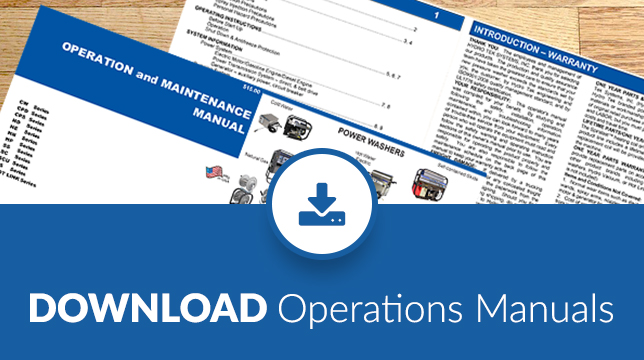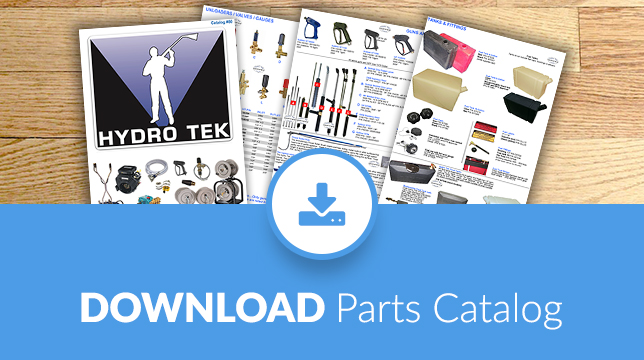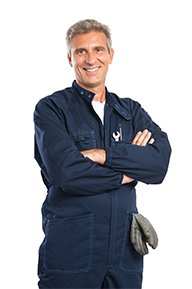It appears that the way we measure machines is changing. In the world of motorcycles, the engine measurement has always in CC’s however in cars it has been in horsepower and cubic inches and that is changing to liters of displacement. Honda gasoline engines used on pressure washers are no longer labeled with the old familiar horsepower. They label the engine output with CC’s so it is becoming harder to do comparison shopping and more difficult to identify an engine which used to be based on horsepower. Thankfully, Vanguard and Kohler gas engines were able to overcome whatever legal pressure there was to remove horsepower ratings off of the small engines, but now they have added a new measurement next to the horsepower rating. The additional measurement they use is gross kW per SAE J1940. In simple terms this means total output in thousand kilowatts per the Society of Automotive Engineers test standard and in laymen’s terms the measurement is similar to what is used for an electric motor. In the case of a pressure washer the gross kW measurement can make things simpler.
For example: A 3000 psi @ 5 gpm pressure washer that requires a 10 gross kW rating on the gas engine could use a 10 horsepower electric motor to power the same load.
We have also noticed that the output on pressure washers has been compromised in the low end of the market. With pressure washers designed for the homeowner market there has been a tendency to list “peak” output of the washer in pressure and flow instead of actual. Most consumers will read what it says on the box and do their comparison based on the amount of pressure. If they were to install a pressure gauge they would be disappointed at the reading. It is fairly typical that a 1600 psi rating on a homeowner electric powered pressure washer would only deliver 900 to 1000 psi. Even if a homeowner did not measure the pressure they could easily measure the flow by using a 5 gallon bucket and a stop watch. That usually does not come close to the manufacturer rating either. So basically, many homeowners that buy a pressure washer only get about half the machine they thought they bought. Eventually a change in how they measure the output will be forced by some type of legal action to protect the consumer just as we have seen on gasoline engines. Pressure washer designed for commercial or industrial use will typically meet the specifications that the manufacturer advertised. Even though the commercial and industrial washer may cost way more, the output will be much closer to the manufacturer’s claims and thus provide a better value and faster cleaning speed.
Here are some basic guidelines to make sure you don’t get “ripped off”:
- Electric powered: On a typical 115 volt electrical outlet in a home the maximum rating is 15 amps and the largest motor you can run is 1 ½ horsepower. 1 ½ horsepower will develop a maximum of 1100psi @ 2gpm. At 1600 psi the maximum flow on a 15 amp outlet is only about 1.3gpm. You would need a 20 amp outlet and a heavy 10 gauge cord to expect any higher ratings than that on 115 volt power.
- Gas engine powered: 160cc (5hp) engine maxes out at about 2500 psi at 2gpm. 190cc (6hp) only gets to 3000 psi at around 2 gpm and 340cc (11hp) maxes out at 4 gpm. 390cc (13hp) only gets to 4000 psi at 3.5 gpm and will not do 4 gpm as many will claim.
- John S. Koen, President - Hydro Tek Systems, Inc




